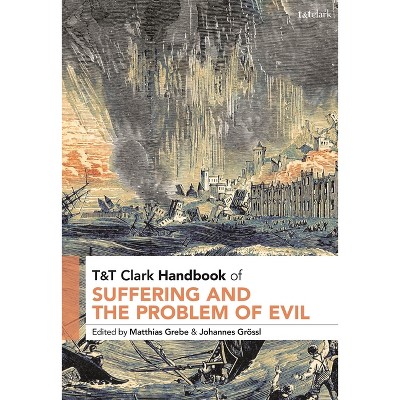Parties under Pressure - by Matthias Dilling (Paperback)

About this item
Highlights
- An illuminating investigation into why some parties evolve with their times while others fall behind.
- About the Author: Matthias Dillingis an assistant professor of politics at Swansea University.
- 320 Pages
- Political Science, Comparative Politics
Description
About the Book
"Under pressure around the world, political parties have differed enormously in their ability to update their offers to voters. This variation is important. While party adaptation does not equal electoral success, parties' failure to "move with the times" has often resulted in their decline and even collapse, making room for radical and populist parties and causing widespread concern over the future of liberal democracy. Focusing on the varying fate of one of Europe's most prominent party families, Christian Democracy, Parties Under Pressure examines why some parties adapt meaningfully to social, economic, and political transformations, while others struggle to do so. Integrating party politics and institutional theory, the book emphasizes the importance of party factions in helping new groups to rise and new ideas to circulate, cautions against a too high level of factionalism, and develops a comparative framework to study the emergence and development of different levels of factionalism and party adaptation. Based on extensive archival research in Germany, Italy, and Austria and additional shadow cases from the same sample of parties as well as France and Japan, the book provides evidence on political parties' varying record of adaptive reforms over more than 75 years"--Book Synopsis
An illuminating investigation into why some parties evolve with their times while others fall behind.
Around the world, established political parties face mounting pressures: insurgents on the Left and Right, altered media environments, new policy challenges, and the erosion of traditional strongholds, to name just a few. Yet parties have differed enormously in their ability to move with the times and update their offers to voters. This variation matters. While adaptation does not guarantee a party's electoral success, the failure to modernize can spell its decline, even collapse, and create openings for radical and populist parties that may threaten the future of liberal democracy.
Parties under Pressure examines why some parties adapt meaningfully to social, economic, and political transformations while others flounder, focusing especially on the fate of Western Europe's Christian democratic parties. Matthias Dilling reveals the under-appreciated importance of party factions. While very high levels of factionalism are counter-productive and create paralysis, more moderate levels of factionalism help parties to adapt by giving visibility to fresh groups and ideas. Dilling draws on extensive archival research in Germany, Italy, and Austria, as well as evidence from France, Japan, and beyond. Taking a comparative-historical approach, Parties under Pressure sheds new light on parties' varying records of adaptive reforms over more than seventy-five years.
Review Quotes
"Parties under Pressure is an important and impressive piece of scholarship. It develops a convincing account of factionalism which entails theoretical advances that are
useful for scholarship on political parties more broadly."-- "Party Politics"
"As the far right and other populists continue their momentum at the ballot box, centrist parties find themselves increasingly on the defensive. It is worth reminding ourselves that the story of far right success is also the story of mainstream party failure, i.e. the inability to adapt meaningfully to new social, economic, and political changes and voter demands. In this rigorously theoretical book, Matthias Dilling attempts to answer the question of why some parties are successful in adapting while other parties are not."-- "German Politics"
"The fate of democracy is inextricably linked with political parties. Understanding why only some parties can adapt to major change helps structure our thinking about the future of democracy. Matthias Dilling unpacks parties, focuses on party factions, and comes up with some surprising answers. An important addition to empirical democratic theory."--Stathis N. Kalyvas University of Oxford
"In this comprehensive account of political parties as collective actors, Dilling questions why some parties adapt to changing times while others fail. Deftly combining organizational approaches to this question with a focus on party factions, Dilling sheds light on parties' ability to manage competing forces within their own ranks, and thereby remain responsive to social change. Parties Under Pressure combines a new historical comparative analysis with important theoretical contributions, providing an insightful study of factions' ability to work as both catalysts and breaks on party reform."--Anika Gauja University of Sydney
About the Author
Matthias Dillingis an assistant professor of politics at Swansea University. He previously taught at Oxford University and was a visiting researcher at Yale University and the University of Vienna. He received the American Political Science Association's Walter Dean Burnham Award for the best dissertation in politics and history.Shipping details
Return details
Trending Current Affairs & Politics











